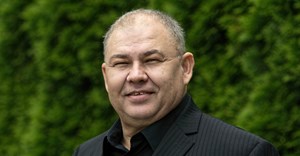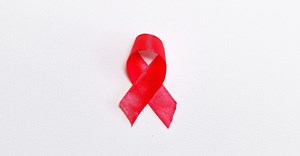Trending
Lockdown has succeeded in flattening the curve
The lockdown has flattened SA's COVID-19 infection curve, Minister Mkhize says https://t.co/DZ0rOjhxhG
— Department of Health: COVID-19 (@COVID_19_ZA) April 28, 2020
He warned that the lockdown has not ended new infections, it has, however, significantly delayed the peak of the virus. The health department’s epidemiologists have considered three scenarios, which included “nothing being done”. Under this scenario, the virus would have peaked in July. With a three-week lockdown, the virus would have peaked in August. With a five-week lockdown, the peak has been staved off until September.
“The further two weeks (of the lockdown) added another advantage. It allowed us to ramp up the machinery of the health services to the point where we could increase the number of testing,” he said.
The lockdown is being eased based on scientific projections and calculations stating that a Level 5 lockdown would be of no further benefit “The (epidemiologists’) model shows that even if we made the lockdown longer, it would have not put down the curve further than what it is.”
The numbers
While the number of confirmed cases stands at 4,996, with 93 deaths, the good news is that 2,073 people have recovered.
Since 6 March, the country has conducted 185,497 tests. During this period, over six-million people have been screened for symptoms and have had temperature checks. During this process, 11,000 were referred for Covid-19 tests.
Between 6 and 12 March, the country had done 413 tests. The tests doubled the following week, steadily increasing over the subsequent weeks to the extent of 25,000 tests done in the past week.
According to @DrZweliMkhize, there are now 4996 positive cases of #COVID19 in SA. The total amount of deaths as result of the virus is now 93. Here is the provincial breakdown:
— Department of Health: COVID-19 (@COVID_19_ZA) April 28, 2020
WC - 1870
GP - 1377
KZN - 919
EC - 616
FS - 113
LIM - 31
NW - 29
NC - 17
Risk factors
A trend has emerged regarding the fatalities, which shows that most of them had underlying comorbidities. These include hypertension, diabetes, obesity, asthma and lung diseases.
However, Mkhize pointed out that South Africa has a unique challenge that is not as prevalent in other countries that have combatted the virus.
A study by the University of the Witwatersrand revealed that approximately one-third of South Africans suffer from hypertension – the highest prevalence in southern Africa. In addition, the country has millions of people with diabetes.
“Over 4.5-million people in South Africa have diabetes. Over 70% of women and 40% of men are overweight or obese,” Mkhize said.
All these factors are important to take into account, as they are considered in the Covid-19 infection.
“We still have unknown factors when it comes to HIV and Aids, and tuberculosis. Unfortunately, South Africa has the largest numbers and therefore not in a position to learn from other countries because they have less of a challenge than us,” he said.
The country, unlike some countries in Western Europe, was fortunate that the mortality rate has stayed at a low 1.9%. This, he said, could be attributed to that most of the country’s infections were among mostly healthy people. “That tends to make them recover pretty quickly.”















